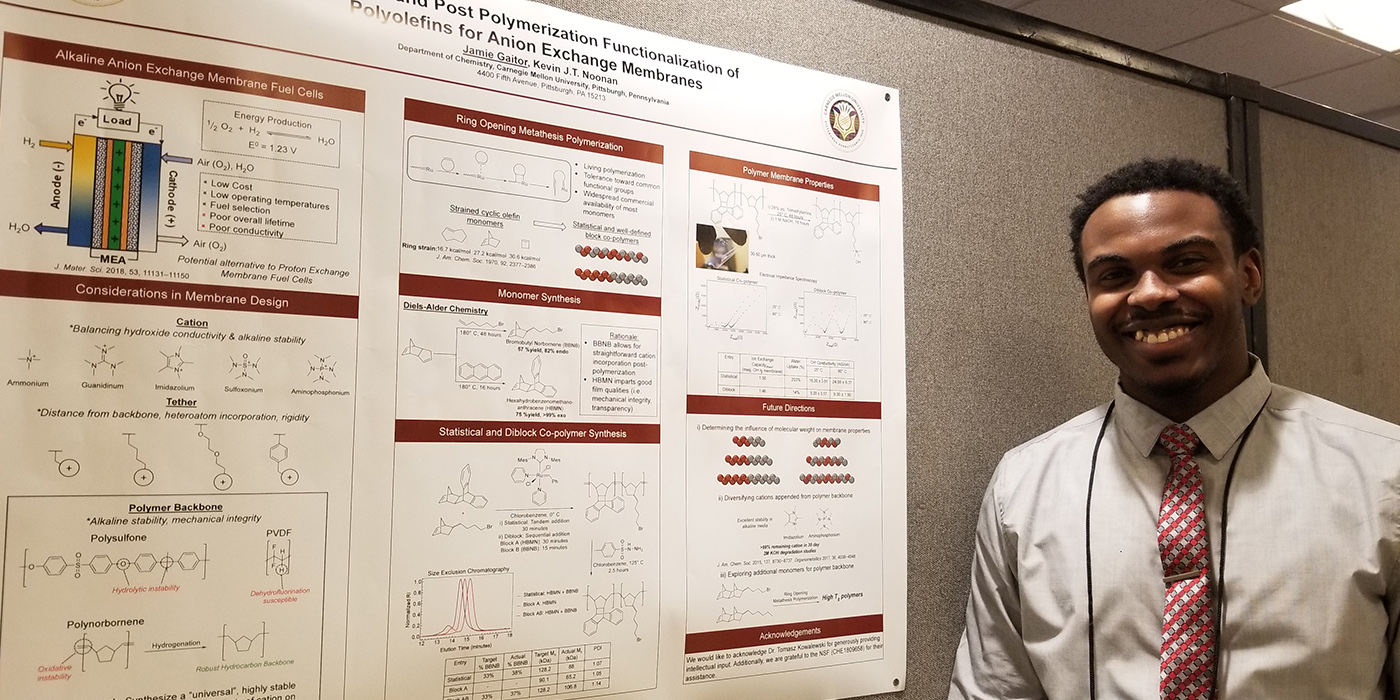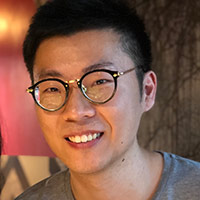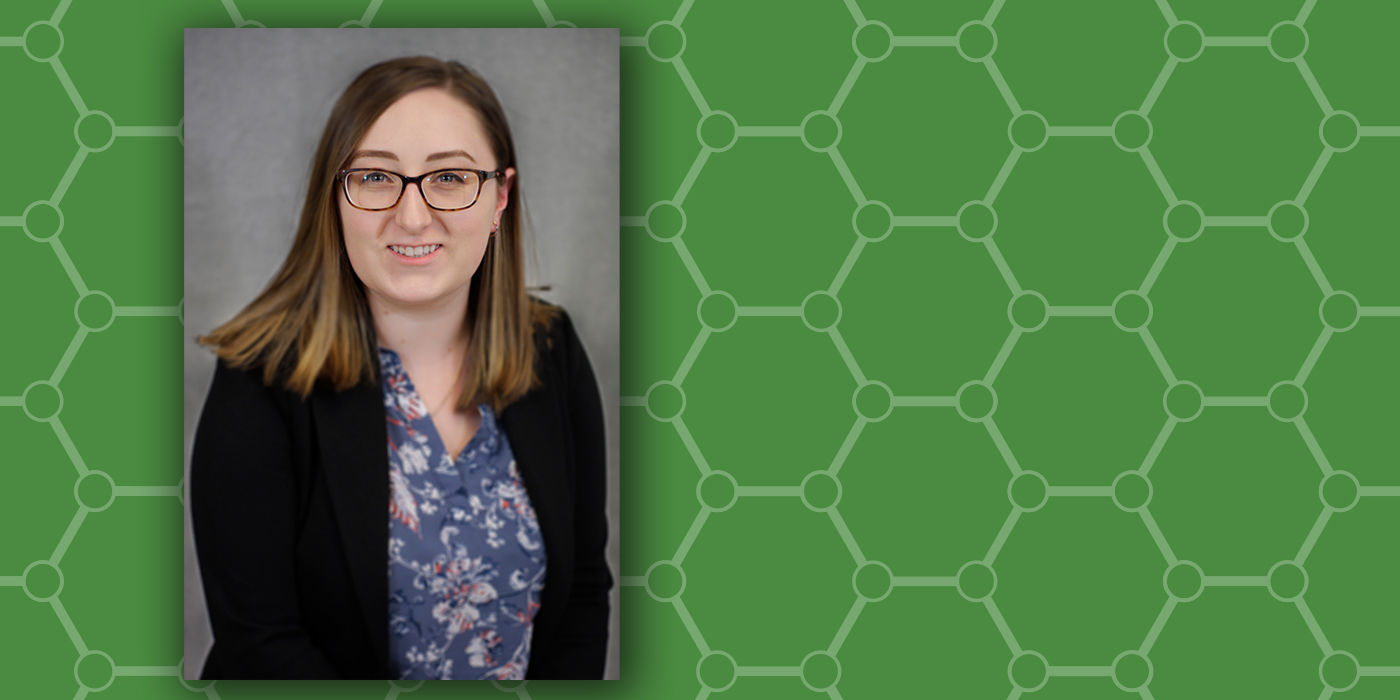
Chemistry Ph.D. Student Receives PPG Fellowship
Chemistry Ph.D. student Jamie Gaitor has received the fall 2020 fellowship from the PPG Foundation to support his research.
Gaitor is a graduate student in the lab of Associate Professor of Chemistry Kevin Noonan. His research involves synthesizing and characterizing polyolefin-based ion exchange membranes for anion exchange membrane fuel cells.
“The goal is to develop membranes that are resistant to alkaline degradation while displaying high ionic conductivity,” Gaitor said. He and his lab mates tune the polymers’ physical properties to influence the materials’ ionic conductivity, mechanical properties and base stability.
Gaitor said the fellowship will help his team purchase chemicals and other lab equipment to help further their research.
Ph.D. Candidate Mingyi Wang Named Siebel Scholar
Chemistry Ph.D. candidate Mingyi Wang was named to the 2020 class of Siebel Scholars. Wang, who works in Thomas Lord University Professor of Chemistry Neil Donahue’s lab, has been a prolific researcher studying the formation and growth of atmospheric nanoparticles.
He has so far demonstrated a previously unrecognized mode for the rapid growth of the tiniest (1-10 nanometers) nucleated particles in highly polluted megacities, where the ability of newly-formed particles to survive had been a mystery. He has also experimentally tested several theoretical methods developed to estimate the vapor pressures of a large number of exceedingly low vapor pressure compounds without authentic standards, confirming the theoretical estimates were largely accurate.
The Siebel Scholars program recognizes the most talented students at the world’s leading graduate schools of business, computer science, bioengineering and energy science. They are chosen based on outstanding academic achievement and demonstrated leadership. On average, Siebel Scholars rank in the top 5% of their class, many within the top 1%. Each receives a $35,000 award for their final year of study.
Riley Weatherholt Receives Steinbrenner Fellowship to Advance Environmental Research
The Steinbrenner Institute for Environmental Education and Research at Carnegie Mellon University has selected chemistry Ph.D. candidate Riley Weatherholt as one of four 2020-2021 Steinbrenner Doctoral Research Fellows. The graduate fellowship program provides support to exceptional, second-year Carnegie Mellon students who work on cutting-edge environmental research. The interdisciplinary research projects’ topics align with the institute’s strategic focus areas of energy transition strategies and urban infrastructure and sustainable cities.
“This year, there were 12 outstanding applicants and we were able to award four Doctoral Fellowships, including one Presidential Doctoral Fellowship with additional support from the Heinz Endowments,” said Steinbrenner Institute Director and Thomas Lord University Professor of Chemistry Neil Donahue.
Weatherholt graduated Summa Cum Laude from Kent State University in 2019 with B.S. degrees in chemistry and environmental and conservation biology, where she studied the movement of road salt ions through constructed wetlands. She now conducts atmospheric and environmental chemistry research as a member of Associate Professor of Chemistry Ryan Sullivan’s group in CMU’s Center for Atmospheric Particle Studies, and was awarded the Joseph A. Solomon Memorial Fellowship from the Department of Chemistry in 2019.
Weatherholt’s research focuses on microdroplet-accelerated chemistry as it applies to the atmosphere and water quality. In collaboration with Theresa Heinz Professor in Green Chemistry Terry Collins’ group, Weatherholt is using aerosol optical tweezers to investigate the microdroplet-accelerated oxidation of persistent organic pollutants in wastewater using the TAML catalyst in microdroplets. She is also investigating the pH gradient within aqueous microdroplets, which has implications for atmospheric chemistry, climate models and synthesis.
“The fellowship allows doctoral students early in their careers more freedom to set a solid course in their graduate research,” said Donahue. “Fellows have gone on to a variety of faculty and industry careers.”



